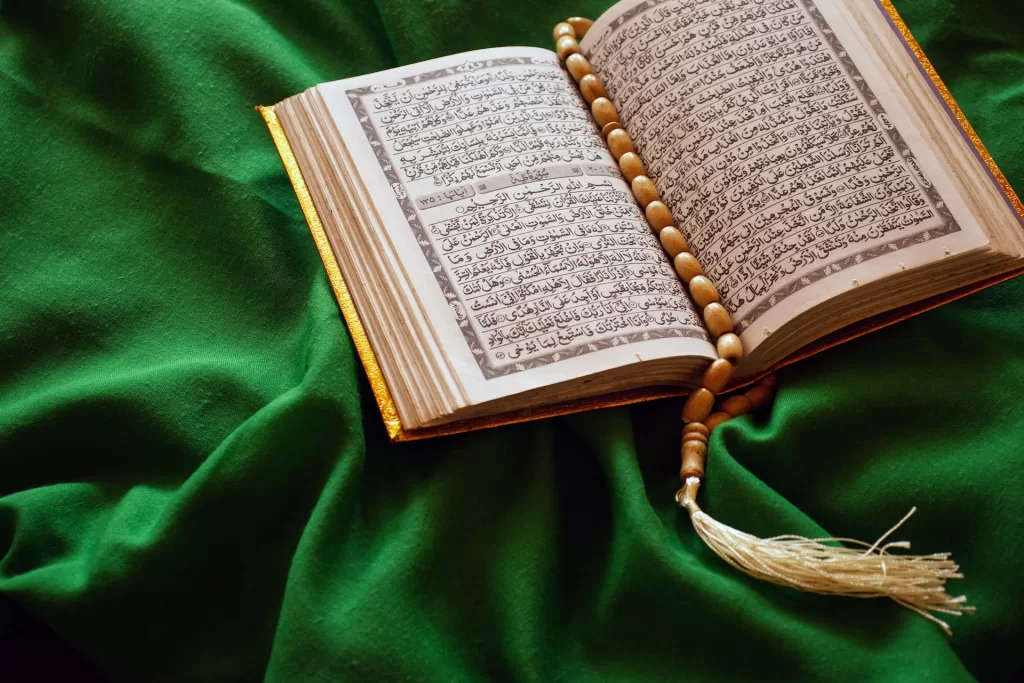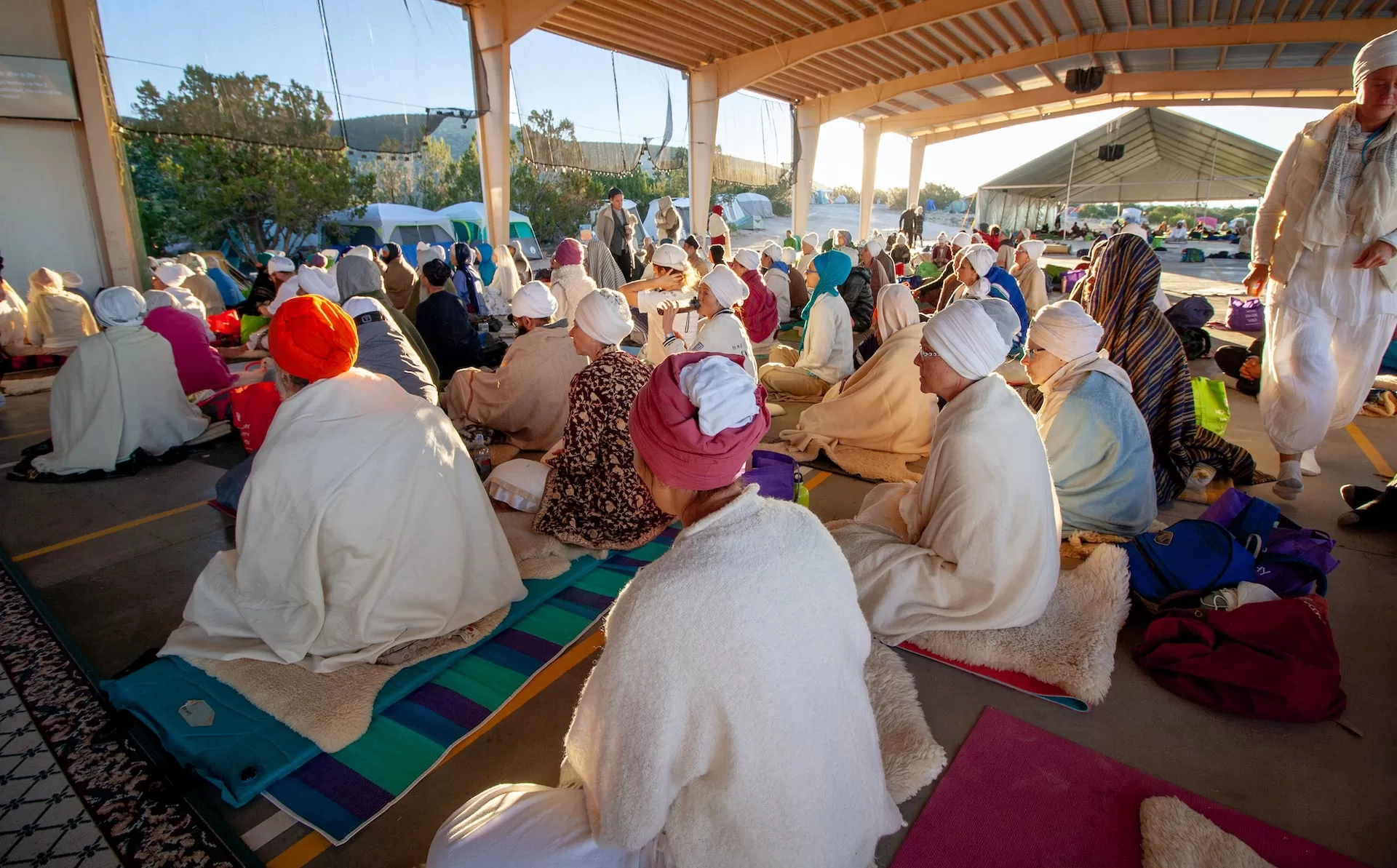Ramadan Greetings Contents
Ramadan is the ninth month of the Islamic lunar calendar, when Muslims around the world observe fasting, prayer, charity, and self-reflection. It is also a time of celebration, joy, and socialization with family and friends. However, if you are not familiar with the customs and etiquette of Ramadan, you may wonder what to say and what not to say to your Muslim friends, colleagues, or neighbors during this holy month. In this article, we will show you some of the common Ramadan greetings and phrases that you can use or avoid to show respect and appreciation for their faith and culture.

What to Say During Ramadan
The most common and appropriate way to greet someone who is observing Ramadan is to say “Ramadan Mubarak” or “Ramadan Kareem”. These Arabic phrases mean “Blessed Ramadan” and “Generous Ramadan” respectively, and they convey your good wishes for their fasting and spiritual journey. You can also say “Happy Ramadan” or “Have a blessed Ramadan” in English, which are equally acceptable and appreciated.
Another way to show your support and interest in their Ramadan experience is to ask them how their fast is going or how they are feeling. You can also compliment them on their dedication and discipline, or express your admiration for their faith and values. However, be careful not to sound intrusive or judgmental, as fasting is a personal and private matter between them and God.
You can also learn some basic facts about Ramadan, such as its meaning, purpose, duration, and rituals. This will show your respect and curiosity for their religion and culture, and also help you avoid any misunderstandings or faux pas. You can ask them politely if they are comfortable sharing more about their Ramadan practices or traditions, but don’t pressure them if they prefer not to.
What Not to Say During Ramadan
There are some things that you should avoid saying or doing during Ramadan, as they may be considered rude, insensitive, or offensive by some Muslims. Here are some examples of what not to say during Ramadan:
- Don’t say “I feel sorry for you” or “That must be so hard” when you see someone fasting. This may imply that you pity them or think that they are suffering unnecessarily. Instead, acknowledge their sacrifice and devotion, or simply respect their choice without commenting on it.
- Don’t say “You are lucky you don’t have to eat” or “You must be losing weight” when you see someone fasting. This may imply that you think that fasting is a diet or a way to avoid food. Instead, understand that fasting is a spiritual practice that has nothing to do with weight loss or food avoidance.
- Don’t say “Are you sure you can’t eat or drink anything?” or “Can’t you just cheat a little bit?” when you see someone fasting. This may imply that you doubt their sincerity or integrity, or that you think that fasting is too strict or unreasonable. Instead, respect their decision and commitment, and don’t tempt them with food or drink.
- Don’t say “Happy Eid” or “Eid Mubarak” during Ramadan. Eid is the name of the festival that marks the end of Ramadan, which is celebrated with feasting and festivities. Saying “Happy Eid” or “Eid Mubarak” during Ramadan is like saying “Merry Christmas” in November. Instead, wait until the actual day of Eid (which depends on the sighting of the new moon) to greet them with these phrases.
Conclusion
Ramadan is a sacred and special time for Muslims around the world, and it is important to respect their beliefs and practices during this holy month. By knowing what to say and what not to say during Ramadan, you can show your appreciation and support for your Muslim friends, colleagues, or neighbors, and also learn more about their religion and culture.
References
- https://time.com/5583680/ramadan-guide-date-greeting/
- https://parade.com/1335201/jessicasager/ramadan-wishes/
- https://www.goodhousekeeping.com/holidays/a39453562/ramadan-wishes/
- https://www.learnreligions.com/greetings-for-ramadan-2004622
- https://www.haaretz.com/israel-news/2023-03-23/ty-article/8-things-to-know-about-ramadan-2022-greetings-fasting-meaning-israel/0000017f-db6b-df9c-a17f-ff7b8f4b0000
Related content:
Eid Mubarak: The Ultimate Guide to Celebrating the Festival of Breaking the Fast in 2023

Leave a Reply